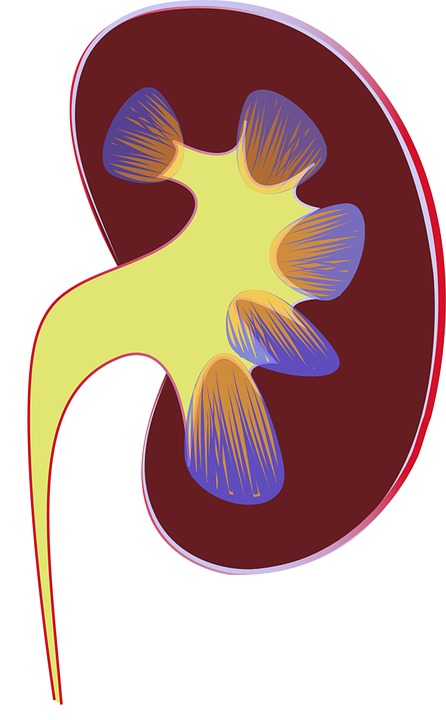Chronic Kidney Disease Symptoms
Kidneys play an important role in human metabolism, producing urine. When kidney function is decreased, patients may urinate more often than usual and experience discomfort during the process. Their urine may also be cloudy, reddish, or foamy. This means that protein, blood, or other substances are present in the urine. As a result, excess fluid can build up in the body, causing swelling of the legs and other parts.
How do I know if I have chronic kidney disease?
If you think you may have chronic kidney disease, the first thing you need to do is visit your doctor. You should have your blood pressure checked regularly and your kidney function evaluated. This will help your doctor determine if you need treatment. Your doctor can also prescribe medicines to lower blood pressure and to keep your blood sugar under control.
A doctor may also order kidney biopsy tests. This can be done through a needle biopsy or an open biopsy. The needle biopsy is the most common type and involves inserting a needle into the kidney. It is considered a minimally invasive procedure. However, an open biopsy involves making an incision into the body to expose the kidney. The procedure requires general anesthesia and strict sterile techniques. The biopsy sample is then sent to a laboratory for microscopic examination.
Is chronic kidney disease curable?
Chronic kidney disease, or CKD, is a progressive condition in which the kidneys do not function properly. It usually starts slowly and progresses over years. Although there is no known cure for this condition, you can slow its progression and lessen its effects. If you suspect that you may be suffering from this condition, you should make an appointment with your doctor. Diagnosing the disease early is the best way to prevent it from progressing too far.
Kidney disease is often categorized into five stages, which are based on kidney function. A doctor will determine whether your kidneys are functioning properly or not by determining your glomerular filtration rate (GFR). This test measures how efficiently your kidneys filter a volume of blood each minute. Depending on your eGFR, you can be diagnosed with early stage CKD or end stage CKD.
Chronic kidney disease stages
Chronic kidney disease (CKD) has many symptoms and stages, which differ according to the severity of the disease. It often goes unnoticed until it reaches an advanced stage, but it is possible to detect it early. Regular urine and blood tests may reveal the early signs of kidney disease, and early treatment can help patients reverse damage.
Chronic kidney disease can also lead to anemia, which is a condition characterized by too few red blood cells. This can cause a feeling of tiredness and fatigue. If this occurs, a physician may prescribe erythropoietin, a drug that stimulates the bone marrow to produce more red blood cells. This medication can reduce the need for blood transfusions and may even reduce the risk of heart attacks and strokes.
Kidney failure symptoms
Kidney failure symptoms are a result of damaged kidneys and can lead to other complications, including heart attack and stroke. The body begins to produce excessive waste products that are harmful to the body. The condition also decreases the immune system, causing the body to be susceptible to infections. It can also reduce the ability of the kidneys to filter metabolic waste products.
Treatment for kidney failure may involve various medications and lifestyle changes. Some of these changes can delay the onset of kidney failure and delay the need for dialysis. One such change is to limit protein intake. Too much protein in the diet can overexert the kidneys. It is best to seek advice from a dietitian to determine the right amount of protein to limit in the diet.
How long can I live with kidney disease?
There is no clear answer for this question, but there are some things you can do to help manage the symptoms. One of the most important things to do is to get regular checkups with your doctor. He or she can also order tests to determine if there are any signs of kidney damage.
Diagnosing chronic kidney disease early is important to protect your kidneys. Symptoms of this disease do not usually appear until later stages. A physician can make an accurate diagnosis by evaluating your eGFR and checking the protein in your urine. Once you have been diagnosed, you can start treatment and follow a healthy lifestyle.
If you have been diagnosed with CKD, you may be advised to limit your protein intake. This is because protein is difficult for your kidneys to filter when they’re not functioning properly. If you and your doctor can manage your disease, you can extend your life and improve your prognosis. You can also undergo kidney transplant surgery if you have advanced stage of CKD.



